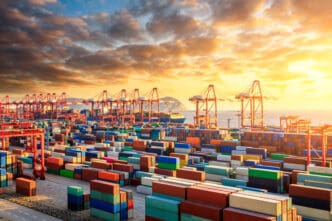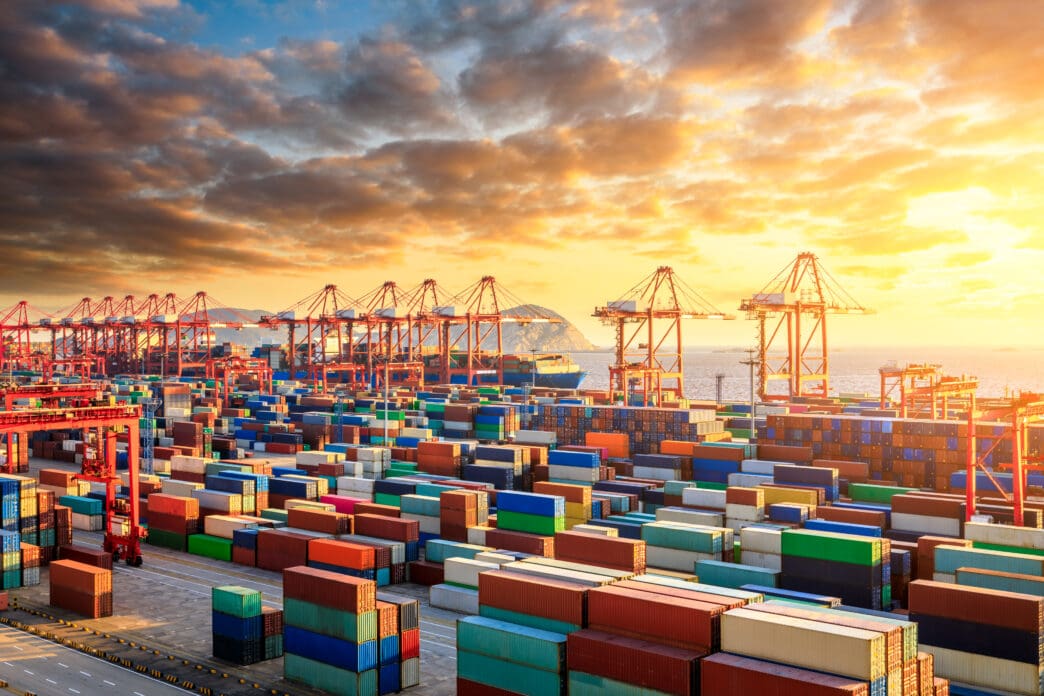Executive Summary
The Story So Far
Why This Matters
Who Thinks What?
The United States sought a phone call with China following Beijing’s announcement of expanded export controls on rare earth elements, but Chinese officials deferred the discussion. This diplomatic snub intensified an ongoing trade dispute, prompting China to accuse the U.S. of “double standards” and leading President Donald Trump to impose new tariffs and export restrictions.
Escalating Trade Tensions
U.S. Trade Representative Jamison Greer stated on Fox News’ “Sunday Briefing” that the U.S. was not notified of China’s move through official channels. “As soon as we found out from public sources, we reached out to the Chinese to have a phone call, and they deferred,” Greer said, characterizing China’s action as “a power grab.”
In response to China’s expanded controls, President Trump announced on Friday the imposition of 100% tariffs on China’s U.S.-bound exports. Additionally, new export controls on “any and all critical software” are set to take effect by November 1.
President Trump commented on the situation via Truth Social on Sunday, stating, “Highly respected President Xi just had a bad moment. He doesn’t want Depression for his country, and neither do I. The U.S.A. wants to help China, not hurt it.” The Chinese embassy in Washington, D.C., did not immediately respond to a request for comment.
China’s Defense and Accusations
China’s commerce ministry, in a report by state broadcaster CCTV, defended its curbs on rare earth elements and related equipment. Beijing asserted that the restrictions are driven by concerns over the military applications of these elements, particularly “at a time of frequent military conflicts.”
The ministry also accused the U.S. of “double standards,” citing examples such as the addition of Chinese companies to a U.S. trade blacklist and the levying of port fees on China-linked ships. While defending its actions, China stopped short of announcing new levies on U.S. products in retaliation for Trump’s latest tariffs.
Global Market Impact and Future Outlook
The latest developments come as China and the U.S. remain embroiled in a trade war that reignited earlier this year with Trump’s return to the White House. Global financial markets experienced volatility as Trump had previously floated the possibility of canceling an upcoming meeting with Chinese President Xi Jinping.
Despite the current tensions, Greer expressed belief that markets would calm in the coming week. He also suggested that a meeting between Trump and President Xi on the sidelines of the Asia-Pacific Economic Cooperation forum in South Korea later this month could still occur.








